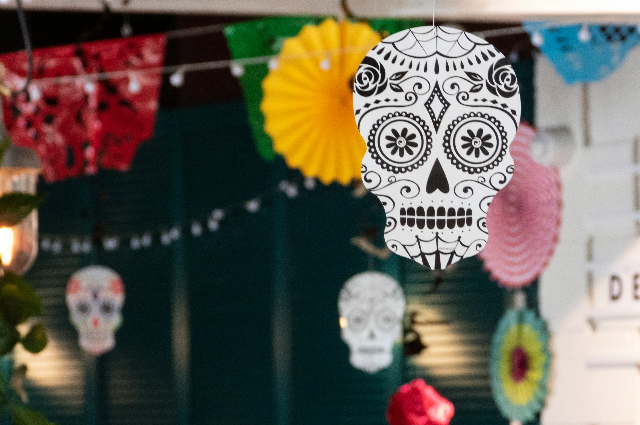
Superstitions are often dismissed as irrational quirks, relics of a bygone era when fear and folklore dictated human behaviour. Yet, in 2025, these beliefs continue to influence daily life, business practices, and even government policies across the globe. From the streets of Tokyo to the villages of Italy, these superstitions persist—not just as cultural oddities but as deeply ingrained traditions passed down through generations.
Japan: The Deadly Number 4
In Japan, the fear of the number 4 is so prevalent that many buildings, including hospitals and hotels, skip the fourth floor entirely. And the reason? The word for "four" (shi) is phonetically identical to the word for "death." It’s a superstition so deeply embedded that even gift sets containing four items are avoided, as they are seen as an omen of misfortune. Similarly, the number 9 (ku), which sounds like the word for suffering, is often omitted in room numbers and license plates.
South Korea: The ‘Fan Death’ Phenomenon
A uniquely modern superstition persists in South Korea: the belief that sleeping in a closed room with an electric fan running can be fatal. Known as "fan death," this belief has led to warning labels on fans and the widespread use of built-in timers to prevent overnight use. While scientists have debunked the claim, the fear remains, particularly among older generations.
Turkey: Chewing Gum Turns to Rotting Flesh at Night
In Turkey, a peculiar belief warns against chewing gum after sunset. According to folklore, gum left in the mouth after dark transforms into decaying flesh. While there is no logical explanation for this superstition, many Turks still avoid gum at night—just in case.
Russia: Sitting in Silence before a Journey
Before embarking on a long trip, many Russians observe a ritual known as "prisyadet' na dorozhku"—literally, "sit down for the road." The entire household pauses for a minute of silence before departure, a practice believed to bring good fortune and ensure a safe return. Some say it also helps travellers remember anything they might have forgotten.
China: The Ghost Month Taboo
Every year, during the seventh month of the lunar calendar, China observes Ghost Month, a period when spirits are believed to roam freely among the living. A multitude of the Chinese avoid making major life decisions—such as getting married, buying property, or even swimming at night—fearing that ghosts might cause accidents or misfortune. Families offer food and burn fake money to appease wandering spirits, a tradition that remains widely practiced today.
Italy: The Power of the Evil Eye
In Italy, the malocchio, or "evil eye," is taken seriously. It is believed that a jealous glance can bring bad luck, illness, or misfortune. To counteract its effects, Italians rely on ancient protective measures, including the use of a cornicello—a small horn-shaped amulet—or the mano cornuta, a hand gesture believed to ward off curses. Even in the modern age, many Italians seek out folk healers to perform rituals against the evil eye.
India: The Left-Handed Taboos
In India, the left hand is associated with impurity, making it a social faux pas to use it for eating, passing money, or greeting someone. The cultural aversion to the left hand is so strong that even left-handed individuals are often encouraged to use their right hand in social settings. The belief is rooted in tradition, yet it still influences daily interactions in homes and workplaces.
Egypt: The Scissors Superstition
In Egypt, leaving scissors open is thought to invite bad luck—or worse, attract evil spirits. Another widespread belief dictates that handing scissors directly to someone is inauspicious, as it can "cut" the bond between two people. Instead, scissors must be placed on a surface for the other person to pick up.
Superstition in the Modern World
While science has challenged many of these beliefs, their persistence raises an important question: Why do we continue to follow them? Anthropologists suggest that superstitions offer a sense of control in an unpredictable world. Whether it’s a lucky charm, a pre-game ritual, or an avoidance of certain numbers, these practices provide comfort—an ancient insurance policy against the unknown.
In a time when technology dominates daily life, it’s easy to assume that superstition would fade into obscurity. Yet, in boardrooms, on construction sites, and at family gatherings, these beliefs remain quietly influential. They are not just remnants of the past; they are living, breathing aspects of culture, shaping decisions in ways both subtle and profound.
Perhaps that is the most intriguing aspect of superstition—it reminds us that, despite all our progress, we are still deeply connected to the mysteries of our ancestors. And sometimes, even the most rational among us might knock on wood, just in case.
